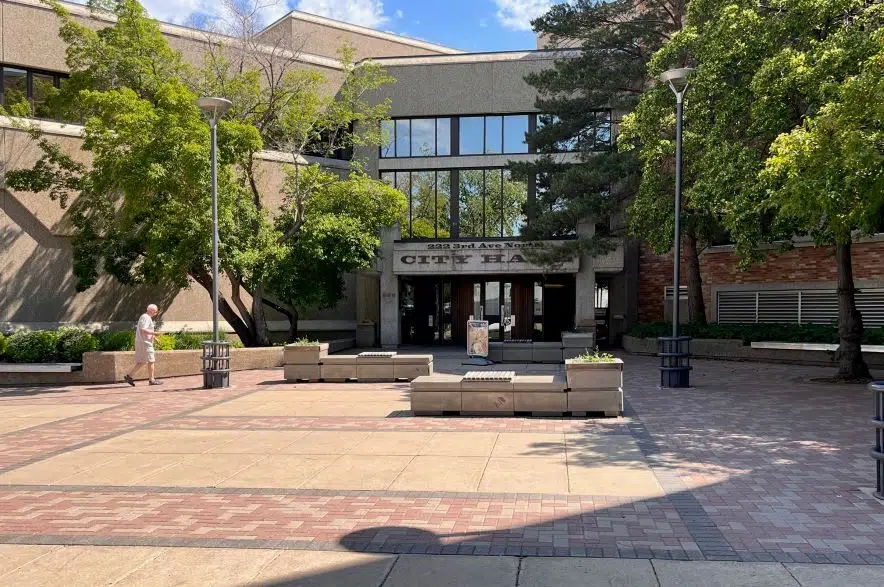The City of Saskatoon appears to be in a financial hole bigger than all of its potholes combined.
During a budget status update Wednesday, chief financial officer Clae Hack said the 2024 funding gap now sits at $52.4 million and so far, the gap for 2025 is $23.2 million.
With a gap that big, if left unmitigated, the city would be faced with an 18.56 per cent property tax increase for 2024, and 6.95 per cent in 2025.
“Clearly, this is not the reality anyone wants to be facing. But this is the fully transparent view of the financial pressures facing the city as we head into 2024 and the 2025 budget process,” said Hack.
“We know that further adjustments and refinement will need to be made, and as such we will be presenting a variety of reports and options to city council throughout the summer special budget meetings,” he continued.
During a similar speech revealing Saskatoon’s budget status in mid-2022, Hack foretold of a challenging time ahead.
“So 2024 will be a big year for the city where that one-time support and funding (out of the city’s reserve) won’t be available anymore in the operating budget, so I really expect the full implications of the pandemic to be a major factor in the 2024 budget since we still are relying on one-time funding,” Hack cautioned at the time.
Hack cited a number of factors that contributed to the massive funding gap, including inflationary pressures, growth pressures, pandemic recovery, funding for the 2022 snow and ice response, and Recovery Park operating funding.
“In terms of inflation, the city has seen significant increases in many of our service costs … Some key examples of the impact that inflation has had on the city is fire engines that cost approximately $1.5 million today, and as little as two years ago cost $900,000,” he said.
The future east side leisure centre, expanded transit service, and future fire station expenditures were also on the list. Options for phasing in those projects or deferring them will be presented to city council at a later date.
Hack noted the downtown arena and entertainment district is not included in the 2024 budget.
“The city is still working toward a funding plan with the goal of having no reliance on the property tax,” he said.
A variety of reports and options will be presented to city councillors over the summer to try and bring the funding gap down.
“To bring the property tax down to six per cent, this would require $35.46 million in cost reductions or revenue increases that would need to be found throughout the summer meetings,” Hack explained.
So far, the options that will be presented could bring property taxes down to between 13 and 14 per cent. A request was made to find out how much that could cost the average homeowner, but the city said those calculations were not immediately available.
For comparison, the 2023 property tax increase came to 3.93 per cent. That amounted to about $6.50 per month, or nearly $80 more per year for someone owning a home worth $344,000. A property tax hike more than three times that could potentially add hundreds of dollars to taxpayers’ yearly bills.
Hack said Saskatoon is not alone or immune to cost pressures, but he didn’t specify exactly what options councillors would be presented with to bring costs down.
“We have to find that balance between what is the service level and what citizens and residents and the city can afford going forward. So we’ll definitely be trying to find that right balance — and everything is on the table at this point,” he said.
“Nobody’s happy presenting these numbers. Administration’s not happy. We don’t expect residents, businesses or city council to be happy with where the numbers are at right now,” he continued.
At this time, Hack said there needs to be strategic direction from city council, and some tough conversations in the next couple of months to come up with a “better balance.”











